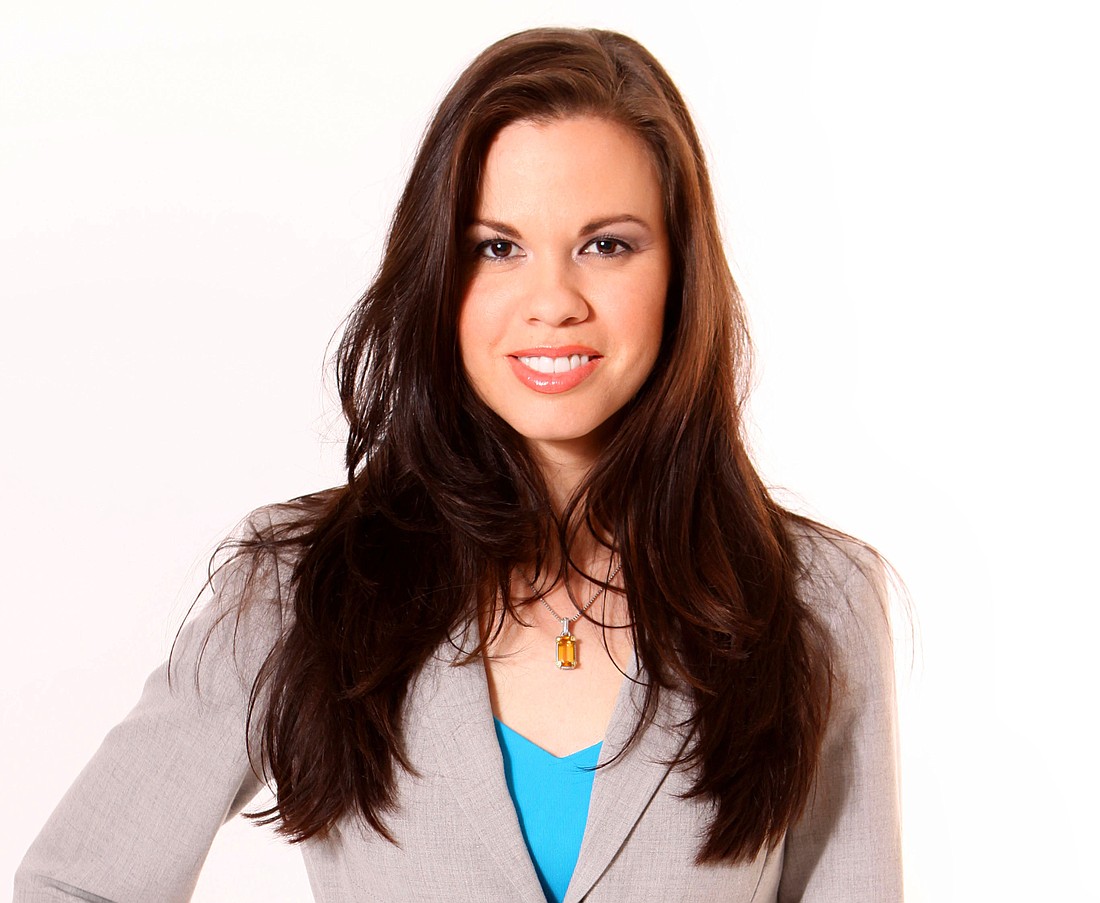- April 22, 2024
-
-
Loading

Loading

With Hurricane Irma in our rearview mirror, now is the perfect time for Central Floridians to reconsider their insurance policies and see if they have the coverage they need heading into the new year. It’s wise to review your home’s insurance coverage and discuss a few post-storm scenarios to avoid when repairing damaged items and potentially filing a claim. Unfortunately, not all offering help in the wake of a hurricane are well-meaning or able to help properly. Take some time to make sure you are not leaving your self open to loss or liability, you won’t regret it.
Central Florida withstood the hurricane-force winds and torrential downpours our unwelcome friend Irma brought with her in September, and many homes were left with the scars to show it. Downed trees, damaged roofs and flooding were everywhere, and residents were resilient and proactive in getting their homes and yards fixed up. Many homeowners were outside the next morning bright and early raking, blowing leaves and bagging debris for pickup. As neighborhoods evaluated the toll the storm took on their homes, electric companies, tree-trimming services, landscapers and roofers were springing into action. You may have even seen some new faces going door to door. Although this may sound good, the risk is there that the helping hand extended to you by the person door knocking in your area may not be licensed or insured. Don’t let desperation or the desire for a quick fix cloud your judgment. Any professional worthy of your money will be licensed and insured and able to produce evidence of such. Still unsure? Always worth a Google and a glance at DBPR for confirmation of their good standing, check the Better Business Bureau, too. Most reading this already will know to be vigilant and verify these things, so remember to look out for your elderly relatives and neighbors because they are often victims of such unscrupulous individuals. Even well-intentioned repair people and would be contractors not insured put you at significant risk. If an uninsured helper injures himself on your property you could be liable. Most homeowners don’t have policies comprehensive enough to cover themselves in such an event, especially if the injured party brings an attorney into the equation.
Another pitfall to avoid, per Jackie Berkson, of LRA Insurance, is signing an “Assignment of Benefits” document provided to you by a roofer or other contractor. Essentially, you are presented with what appears to be an opportunity to have your service provider handle all communications with your insurance provider for you. Sounds great right? But it’s not. By signing this document, you remove yourself from the communications loop entirely, disallowing your insurance provider to speak with you directly on this matter. Better to call your insurance provider directly regarding any named storm-related damage. It’s your home, so maintain control and participation in its repair process wherever possible; no one loves your home like you do. Have damage not related to a named storm? Call your insurance agent or broker first to discuss if filing a claim is in fact the best course of action for you.
If you have filed a claim in relation to the storm or otherwise, it’s important to note that if your home is for sale, you cannot close with an open claim. Once the claim is resolved and closed, you are good to go. Just remember to keep copies of the repair receipts and confirmation from your insurance company that the claim was resolved.
Even post-hurricane season Central Florida is known for rain, so it’s wise to review whether flood insurance is a valid addition to your homeowner’s policy. Your policy most likely covers damage from a burst pipe but may not protect you in the event of damage caused by rain. How are your trees and the trees of your neighbors looking? If you have low-hanging trees or otherwise sickly or dying trees, trim them back and be proactive. If your neighbors trees look liable to fall over, remember your policy will be responsible for paying out any repairs to your roof or screen. Best to have a chat with your neighbor and get any potential tree or limb dangers resolved before they become truly problematic. Additionally, your insurance will not cover the removal and care of any trees on your property.
Fortunately, with a little vigilance and a good relationship with your insurance agent you can be prepared if disaster strikes. Here’s hoping you wont need to be.
Christina Rordam is a local Realtor with 12 years experience and a member of ORRAs Top Producer Club. For more, visit christinasellsorlando.com.